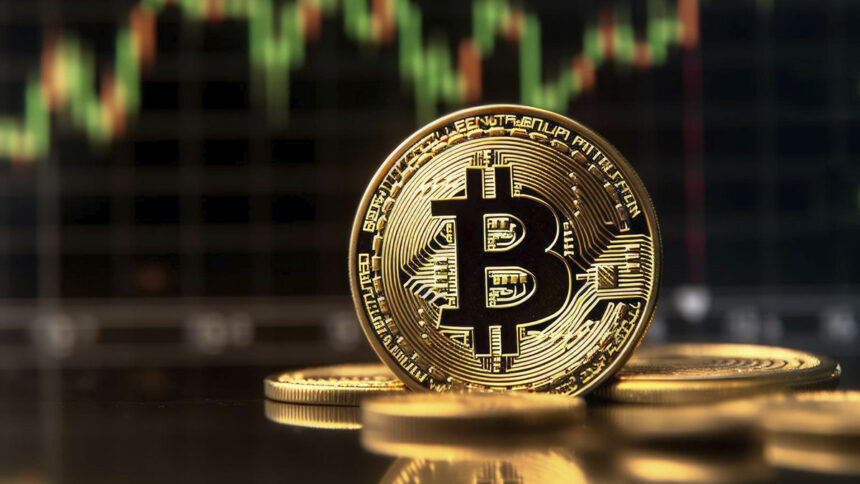
- Arthur Hayes, co-founder of Maelstrom has warned that a U.S. Bitcoin reserve would merely be another tradable financial asset, subject to political influence rather than long-term economic strategy.
- Hayes argues that a future administration could sell off the U.S. Bitcoin reserve, making it a political weapon rather than a stable economic asset.
In a recent blog post on February 6, Arthur Hayes, the former CEO of BitMEX, shared his thoughts on the concept of a Bitcoin Strategic Reserve (BSR) and its potential consequences. He raised concerns about governments, particularly the U.S., stockpiling Bitcoin as a political move rather than a financial one. His post highlights how this could lead to global crypto wars and significant instability in the crypto market.
Bitcoin as a Political Tool, Not a Financial Asset
Hayes begins by questioning the true value of Bitcoin for the U.S. government, particularly within the existing global economic framework. He argues that Bitcoin, in its essence, is just another financial asset. While many in the crypto community revere Bitcoin as the “hardest money ever known,” Hayes points out that the motivations behind its accumulation by governments are not financial. Governments stockpile assets primarily for political gain, and Hayes suggests that Bitcoin, while lauded in the crypto community, has little to offer in terms of strategic value for political leaders.
Assuming that U.S. President Donald Trump successfully creates a BSR, Hayes suggests a scenario where the U.S. government purchases one million Bitcoins, as proposed by Senator Lummis. Hayes writes, “Boom! The price goes nuts. Then, the buying concludes, and the up-only trend channel stops.” Hayes acknowledges the short-term price surge, but he warns that the excitement will likely be short-lived as the market stabilizes once the buying spree ends.
Hayes raises the possibility of a change in leadership by 2028, with the Democrats gaining control. In such a scenario, the elected government could easily sell off the accumulated Bitcoin for political reasons. This could lead to fear in the market, as investors would worry about when and how the government might sell the Bitcoin from its reserve.
The Power of Government-Controlled Crypto
Additionally, he warns that any national stockpile of Bitcoin, or even other cryptocurrencies like Ripple (XRP) or Solana (SOL), would turn those assets into potent political weapons. He also questions whether the U.S. government would engage meaningfully in the crypto space, such as supporting Bitcoin developers or running nodes. “Are they going to donate to sponsor Bitcoin core devs? Are they going to run nodes?” Hayes asks rhetorically. He argues that, instead of engaging with the community, the Bitcoin Strategic Reserve would likely be a “set-it-and-forget-it” initiative.
As Hayes puts it, “Don’t hate the player, hate the game.” The game here, according to Hayes, is the political manipulation of a powerful financial asset, which could lead to consequences for both the cryptocurrency community and the broader global market.
Support for a U.S. Bitcoin Reserve Grows
Despite Hayes’ warnings, the idea of a Bitcoin Strategic Reserve has gained traction among institutional investors and policymakers. VanEck, a leading asset management firm, predicts that a Bitcoin reserve could reduce America’s $36 trillion national debt by 35% by 2049. MicroStrategy’s executive chairman, Michael Saylor, believes that the global digital capital market would rise from $2 trillion to $280 trillion with the BTC reserve.
Additionally, 15 U.S. states have expressed support for a national Bitcoin reserve, with 11 already introducing legislation to establish it. More than 3,300 letters have been sent to Congress, urging lawmakers to recognize Bitcoin as a strategic asset for the country’s financial future. Currently, Bitcoin is trading at $98,978, down 5.47% in the past week but up 0.90% in the last 24 hours.






